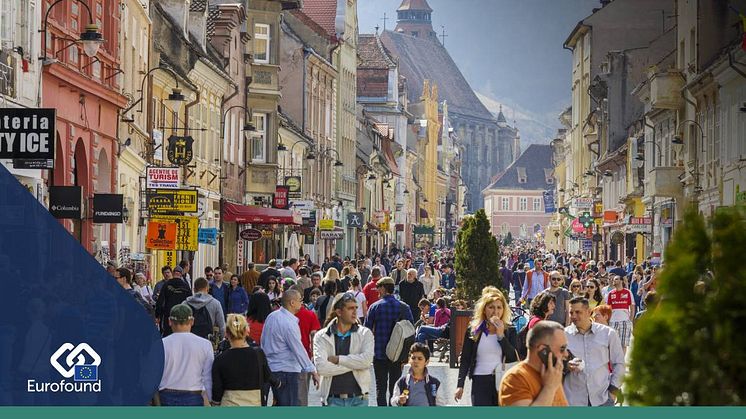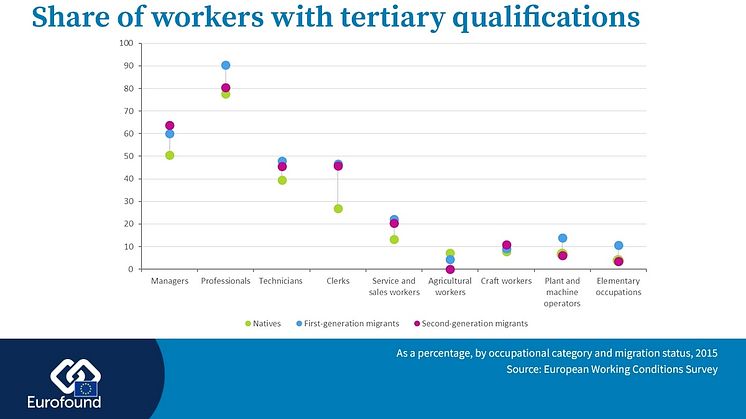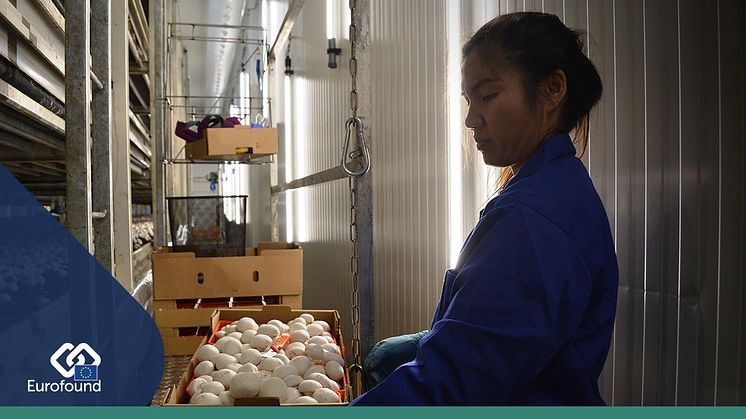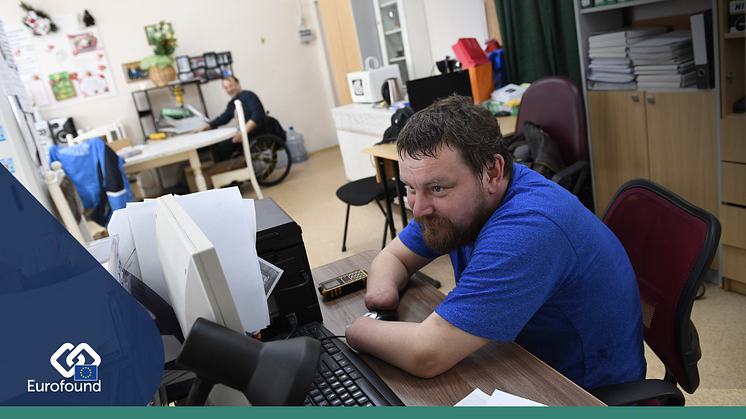The pandora’s box of the platform economy
We hear more and more about the platform economy, with the debate often revolving around the potential long-term implications of its growth on the labour market and the impact on traditional and established businesses and industries. There has been increasing calls for a legislative response at European and national level, but what information do we have for evidence-based policy making?




















